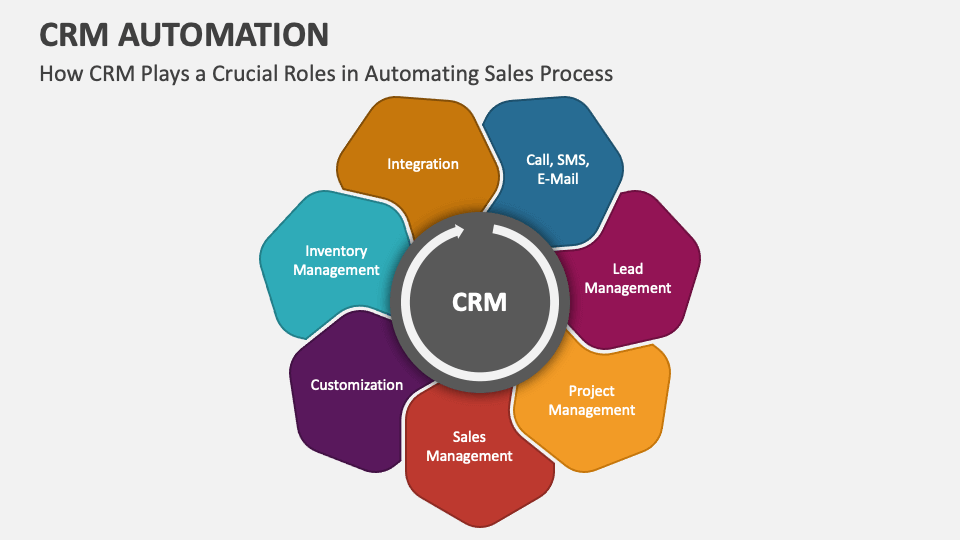In 2025, CRM automation is a critical component of efficient business operations. It helps companies streamline communication, manage customer data, and nurture leads without manual intervention. As businesses scale, automation becomes indispensable for maintaining consistent customer experiences and maximizing productivity.
This guide explains what CRM automation is, how it works in 2025, and the key pros and cons of using it.
What is CRM Automation?
CRM automation refers to the use of technology to automate customer relationship management tasks such as lead tracking, email follow-ups, data entry, reporting, and customer segmentation. Rather than manually updating spreadsheets or sending individual emails, businesses use CRM software to automate repetitive workflows.
In 2025, CRM automation integrates artificial intelligence (AI), machine learning (ML), and predictive analytics to deliver even smarter automations and better customer insights.
Key Functions of CRM Automation in 2025
1. Lead Management and Scoring
CRM automation tools can now automatically score leads based on behaviors, such as website visits, email opens, or demo requests. High-quality leads are routed directly to sales reps or nurturing workflows.
2. Email and SMS Campaigns
Automated marketing campaigns are triggered based on user activity or time-based schedules. For example, a customer who abandons a cart receives a follow-up email after 2 hours.
3. Task and Workflow Automation
Tasks like follow-up reminders, appointment scheduling, and internal notifications are automated. This ensures that no leads fall through the cracks.
4. Sales Pipeline Automation
CRM systems now use automation to move prospects through stages of the sales funnel based on predefined rules, ensuring a smooth, efficient pipeline.
5. Reporting and Analytics
CRM software automatically generates reports on sales performance, customer behavior, and campaign effectiveness. Predictive analytics help forecast trends and adjust strategies.
Best CRM Tools with Automation in 2025
HubSpot CRM
- Pros: Intuitive UI, powerful automation workflows, excellent free tier.
- Cons: Advanced automation features require paid plans.
- Best For: Small to mid-sized businesses.
Zoho CRM
- Pros: Affordable, flexible automation rules, AI-powered insights.
- Cons: Learning curve for advanced features.
- Best For: Businesses needing scalable, customizable CRM solutions.
ActiveCampaign
- Pros: Top-tier marketing automation, CRM integration, and segmentation.
- Cons: Higher price compared to other tools.
- Best For: Marketers and sales teams focused on lead nurturing.
Salesforce
- Pros: Enterprise-grade automation, robust integrations, AI-driven forecasting.
- Cons: Expensive and complex for small teams.
- Best For: Large organizations with advanced automation needs.
Pros and Cons of CRM Automation
Pros:
- Saves time on repetitive tasks
- Increases lead conversion and customer retention
- Enhances team productivity
- Reduces human error in data handling
- Delivers personalized customer experiences at scale
Cons:
- Initial setup can be time-consuming
- Over-automation may reduce the human touch
- Requires ongoing monitoring and optimization
How to Implement CRM Automation
- Define Objectives: Clarify what tasks you want to automate (e.g., lead capture, email follow-ups).
- Choose the Right CRM: Select a platform that matches your goals and budget.
- Map Workflows: Document customer journeys and create automation flows accordingly.
- Test and Optimize: Regularly review results and fine-tune your automation rules.
Conclusion
CRM automation in 2025 is smarter, faster, and more accessible than ever. When used thoughtfully, it helps businesses grow by saving time and creating better customer experiences.
